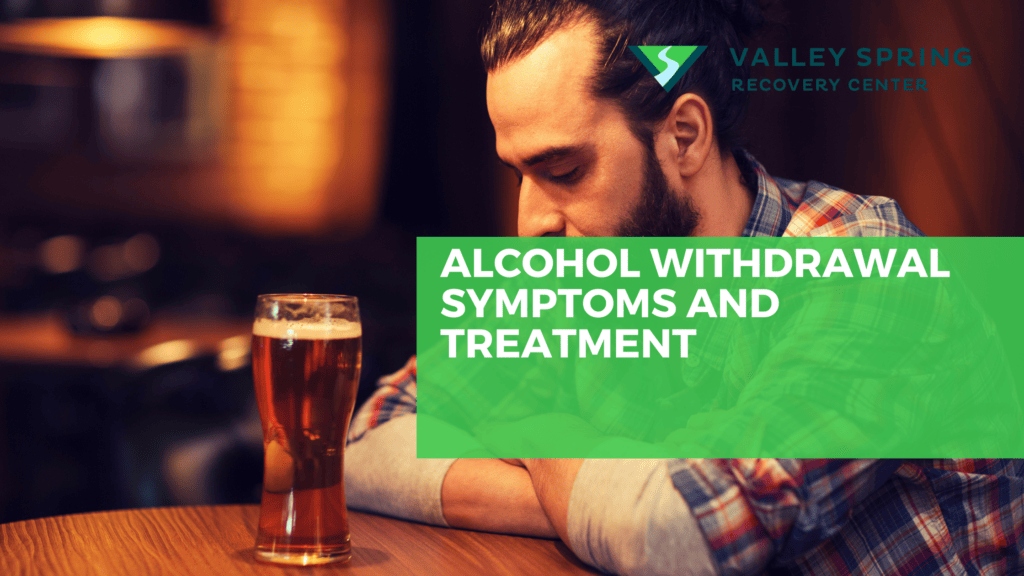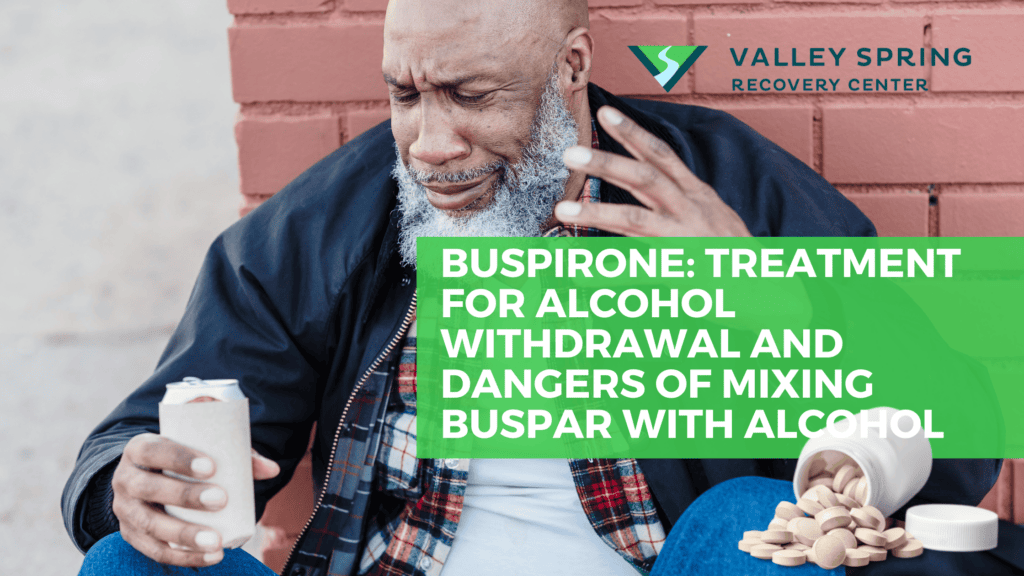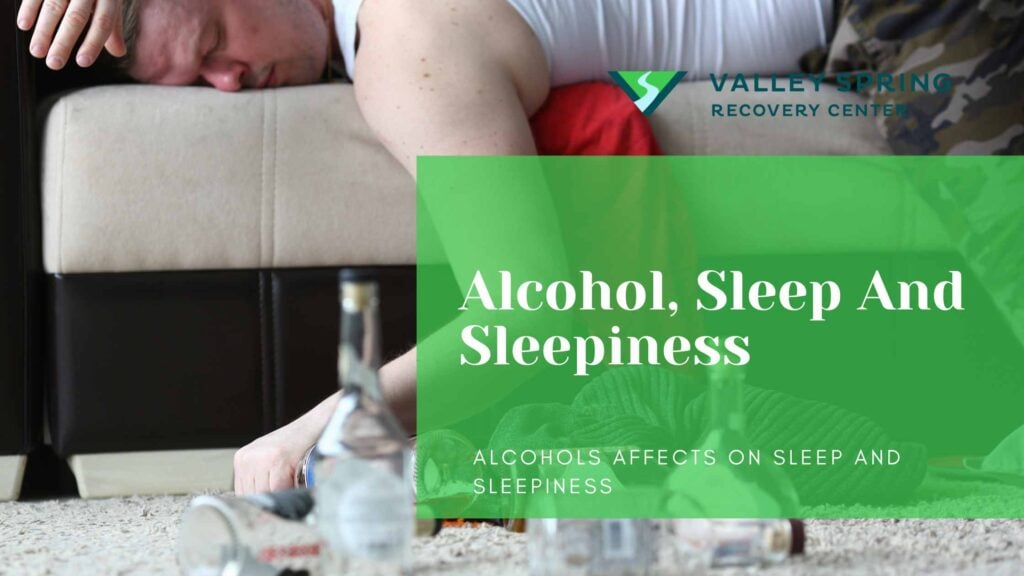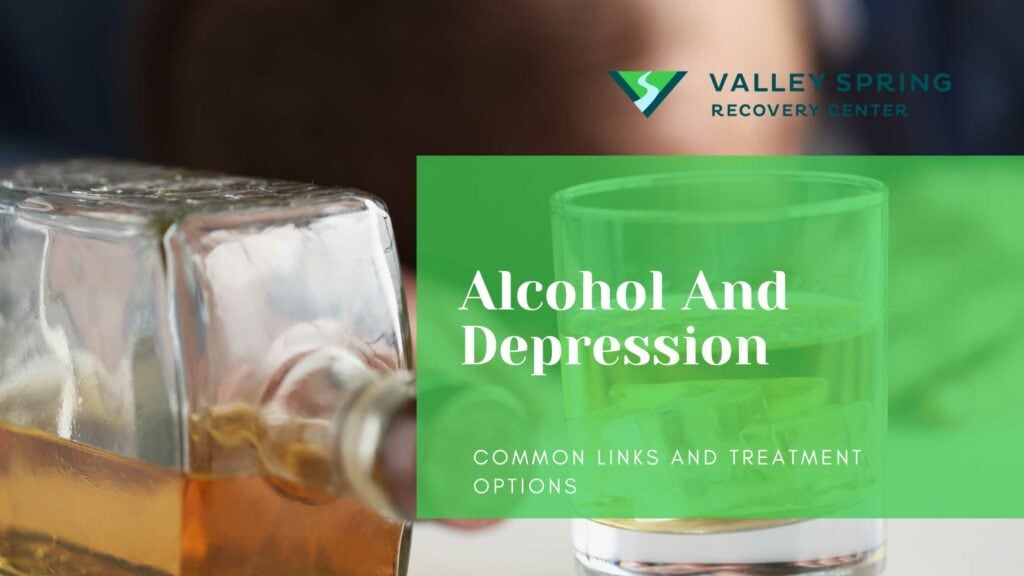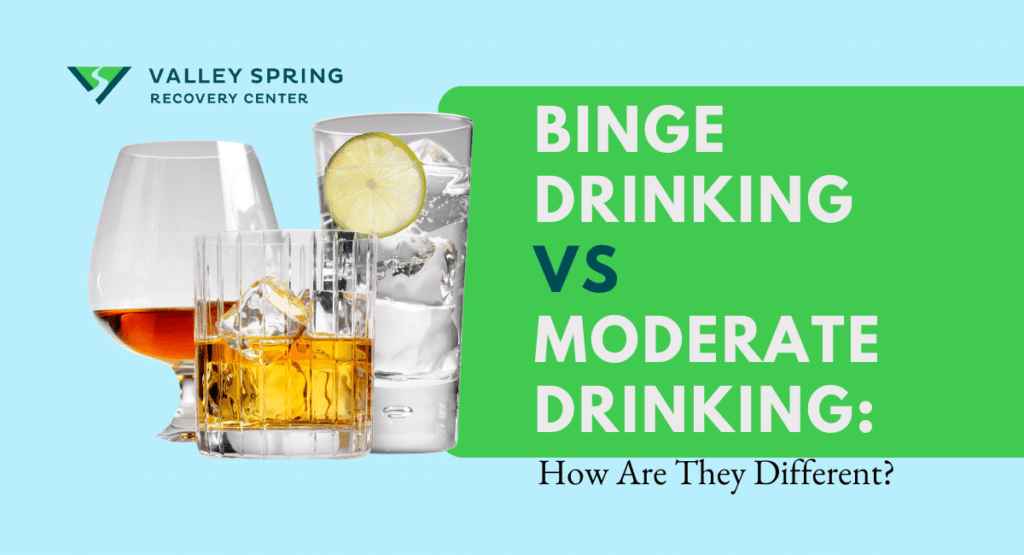Alcohol withdrawal is a challenging and often dangerous process that affects individuals who abruptly reduce or stop heavy and prolonged alcohol consumption. According to the National Institute on Alcohol Abuse and Alcoholism, approximately 95% of individuals with alcohol dependency experience mild to moderate withdrawal symptoms when they stop drinking, and about 5% endure severe symptoms, including delirium tremens, a potentially life-threatening condition. This statistic highlights the prevalence and severity of alcohol withdrawal, underscoring the importance of understanding and properly managing this condition.
The symptoms of alcohol withdrawal range from mild discomfort to severe and life-threatening conditions.
The timeline of alcohol withdrawal symptoms and how long individuals might expect to experience withdrawal varies based on duration and quantity of alcohol intake.
The treatment and management strategies for alcohol withdrawal include medical supervision and various therapies and support systems available to support those undergoing alcohol withdrawal.
What is alcohol withdrawal?
Alcohol withdrawal (AW) is a syndrome that emerges in individuals who have become accustomed to regular alcohol intake and then significantly decrease or cease their consumption. Alcohol Withdrawal Symptoms are negative physical and mental symptoms in direct response to the central nervous system’s (CNS) adjustment to the constant presence of alcohol. Regular alcohol consumption leads to the CNS compensating for alcohol’s depressive effects on brain function and neuronal communication. When alcohol levels are suddenly reduced, the brain remains in a hyperactive state, resulting in withdrawal syndrome. This explanation of the neurobiological underpinnings of AW is supported by Saitz, R. in “Introduction to alcohol withdrawal,” published in Alcohol Health and Research World (1998).
Every year, over one-and-a-half million people in the United States enter alcoholism treatment or are admitted to hospitals due to medical complications arising from alcohol dependence. These individuals, along with many others who cease drinking without professional help, experience AW. The syndrome’s manifestations vary significantly in both clinical presentation and severity, ranging from mild symptoms like insomnia to severe and potentially life-threatening conditions such as delirium tremens (DT’s) and, in extreme cases, death. This range of manifestations and their severity is detailed in the work of Begleiter H, Kissin B in “The Pharmacology of Alcohol and Alcohol Dependence” (Oxford University Press, 1996).
Understanding the complexity and potential dangers of AW is crucial, especially given its prevalence. Medical supervision is highly recommended for those undergoing withdrawal to ensure safety and provide the necessary support for successful recovery.
What Are The Symptoms Of Alcohol Withdrawal?
Alcohol withdrawal can manifest a range of symptoms that vary in intensity, depending on factors like the duration and amount of alcohol use, individual health, and the presence of co-occurring disorders. The symptoms of alcohol withdrawal can be categorized into mild, moderate, and severe according to Saitz, R. study titled “Introduction to alcohol withdrawal.” and are listed below.
Mild Symptoms:
- Anxiety: Feelings of nervousness and unease.
- Insomnia: Difficulty in falling or staying asleep.
- Tremors: Shaky hands and fingers, often noticeable in the morning.
- Headache: Persistent or throbbing headaches.
- Stomach Upset: Nausea or vomiting.
- Sweating: Increased perspiration, particularly in the palms or face.
- Loss of Appetite: Reduced desire to eat.
- Palpitations: Irregular or rapid heartbeats.
Moderate Symptoms:
- Increased Blood Pressure: Elevated heart rate and blood pressure.
- Confusion: Difficulty in thinking clearly or concentration issues.
- Mood Swings: Rapid emotional changes or irritability.
- Fatigue: Feeling tired and lacking energy.
Severe Symptoms:
- Delirium Tremens (DTs): A serious condition that includes severe confusion, vivid hallucinations, and delusions.
- Seizures: Convulsions or uncontrolled shaking of the body.
- Hallucinations: Seeing or hearing things that are not present.
- Extreme Agitation: Intense anxiety and restlessness.
- Fever: Elevated body temperature.
- Heavy Sweating: Profuse perspiration that may accompany other severe symptoms.
Symptoms typically begin within hours to a few days after the last drink and can last for a week or more. It’s critical to note that severe symptoms, such as delirium tremens and seizures, are medical emergencies. They require immediate medical attention as they can be life-threatening.
Due to the potential severity and unpredictability of withdrawal symptoms, it’s highly recommended that individuals seeking to stop or reduce alcohol consumption do so under medical supervision. This approach ensures that complications can be managed safely and effectively, providing the best chance for a successful transition to sobriety.
How long does alcohol withdrawal last (duration and length)?
The timeline of alcohol withdrawal can vary significantly from person to person, influenced by factors such as the length and severity of alcohol use, individual health conditions, and whether or not the individual has gone through withdrawal previously. However, there is a general timeline that is commonly observed:
- Early Stage (6-12 hours after the last drink):
- This stage usually includes the onset of mild symptoms such as anxiety, insomnia, nausea, and abdominal pain.
- Peak Stage (24-48 hours after the last drink):
- During this period, symptoms may intensify and include increased heart rate, high blood pressure, increased body temperature, and confusion. For some, this stage may also include hallucinations.
- Severe Stage (48-72 hours after the last drink):
- This is when the most severe symptoms can occur, such as delirium tremens (DTs), seizures, and severe agitation. Not everyone will experience these severe symptoms, but they are more likely in individuals with a long history of heavy alcohol use.
- Extended Withdrawal (up to several weeks):
- Some symptoms, known as protracted or prolonged withdrawal symptoms, can last for weeks or even months. These often include mood swings, fatigue, sleep disturbances, and reduced appetite.
| Stage | Timeline | Symptoms and Characteristics |
|---|---|---|
| Early Stage | 6-12 hours after last drink | – Anxiety, insomnia, nausea, abdominal pain. |
| Peak Stage | 24-48 hours after last drink | – Increased heart rate, high blood pressure, increased body temperature, confusion, possible hallucinations. |
| Severe Stage | 48-72 hours after last drink | – Delirium tremens (DTs), seizures, severe agitation. Severe symptoms are more likely in individuals with a long history of heavy alcohol use. |
| Extended Withdrawal | Up to several weeks | – Mood swings, fatigue, sleep disturbances, reduced appetite. Prolonged psychological and emotional symptoms including cravings, depression, and anxiety. |
It’s important to note that while the physical symptoms of withdrawal may subside within a few days to a week, psychological and emotional symptoms can linger. This can include cravings for alcohol, depression, anxiety, and difficulty sleeping. These longer-lasting symptoms are why ongoing support and treatment, such as therapy and support groups, are crucial for long-term recovery.
Given the complexity and potential risks associated with alcohol withdrawal, it is strongly recommended to seek medical supervision during this process. Medical professionals can provide medications and support to manage symptoms safely and reduce the risk of severe complications like seizures or DTs.
What are The Treatment Methods for Alcohol Withdrawal Symptoms (AWS)?
Managing alcohol withdrawal symptoms (AWS) effectively is crucial for minimizing discomfort and preventing serious complications. The treatment methods for alcohol withdrawal are listed below:
- Medical Detoxification:
- In a controlled environment, medical detox provides safe withdrawal from alcohol. It often involves round-the-clock medical supervision, especially for individuals at risk of severe symptoms like seizures or delirium tremens.
- Medication-Assisted Treatment (MAT):
- MAT uses medications to ease withdrawal symptoms and reduce cravings. Common medications include:
- Benzodiazepines: To reduce anxiety and prevent seizures.
- Anticonvulsants: For seizure control.
- Beta-Blockers: To manage high blood pressure and heart rate.
- Antipsychotics: In cases of severe agitation or hallucinations.
- MAT uses medications to ease withdrawal symptoms and reduce cravings. Common medications include:
- Hydration and Nutritional Support:
- Replenishing fluids and nutrients is crucial, as dehydration and malnutrition can worsen withdrawal symptoms.
- Counseling and Behavioral Therapies:
- Psychological support is essential to address underlying issues and develop coping strategies. This can include cognitive-behavioral therapy, individual counseling, and group therapy.
- Support Groups:
- Groups like Alcoholics Anonymous (AA) provide peer support and a sense of community, which are vital for long-term recovery.
- Holistic Therapies:
- Approaches like yoga, meditation, and acupuncture can complement traditional treatments by reducing stress and improving overall well-being.
- Inpatient and Outpatient Programs:
- Inpatient (residential) programs offer a structured environment for recovery, while outpatient programs allow individuals to receive treatment while living at home.
- Continued Care and Relapse Prevention:
- After initial treatment, ongoing support through outpatient therapy, support groups, and relapse prevention strategies are critical for maintaining sobriety.
Each individual’s treatment plan should be tailored to their specific needs, taking into account the severity of their symptoms, overall health, and personal circumstances. It’s important to seek professional help for alcohol withdrawal, as self-treatment can be dangerous and ineffective. Medical professionals can provide the appropriate level of care and support to safely navigate the withdrawal process and lay the foundation for long-term recovery.
What Medications Are Used To Support Safe Alcohol Detox and Mitigate Withdrawal Symptoms?
Medications are commonly used to support safe alcohol detoxification and mitigate withdrawal symptoms. These medications help manage the physical and psychological discomforts of withdrawal and prevent serious complications. The most frequently used medications used to treat Alcohol Use Disorder are listed below:
- Benzodiazepines:
- Purpose: To reduce anxiety, ease withdrawal symptoms, and prevent seizures.
- Commonly Used Types: Diazepam (Valium), Lorazepam (Ativan), Chlordiazepoxide (Librium), and Oxazepam.
- Anticonvulsants:
- Purpose: To prevent seizures, which can be a complication of alcohol withdrawal.
- Commonly Used Types: Gabapentin and Carbamazepine.
- Beta-Blockers:
- Purpose: To manage high blood pressure and rapid heart rate associated with withdrawal.
- Commonly Used Types: Atenolol and Propranolol.
- Alpha-2 Agonists:
- Purpose: To reduce some of the body’s ‘fight or flight’ responses during withdrawal.
- Commonly Used Types: Clonidine.
- Antipsychotics:
- Purpose: Used in severe cases to manage agitation and hallucinations.
- Commonly Used Types: Haloperidol and Quetiapine.
- Naltrexone:
- Purpose: To reduce cravings for alcohol after the detoxification process.
- Note: It is not used to treat withdrawal symptoms but is used in the ongoing treatment of alcohol dependence.
- Acamprosate:
- Purpose: To restore the chemical balance in the brain and reduce cravings post-detoxification.
- Vitamins and Supplements:
- Purpose: To address nutritional deficiencies, especially thiamine (Vitamin B1), which is often depleted in individuals with long-term alcohol dependency.
It’s important to note that these medications should only be used under the guidance of a healthcare professional. The process of detoxification and the use of these medications require medical supervision to ensure safety and effectiveness. Additionally, a comprehensive treatment approach that includes psychological support and therapy is crucial for long-term recovery from alcohol dependence.
Can Alcohol Withdrawal Cause Permanent Brain Damage?
In some severe cases, prolonged heavy drinking leading to withdrawal can result in lasting brain damage. Conditions such as Wernicke-Korsakoff Syndrome, which is caused by a thiamine (Vitamin B1) deficiency, can lead to chronic memory disorder and cognitive difficulties. However, with prompt medical treatment and nutritional support, the risk of permanent brain damage can be minimized.
Is alcohol withdrawal easier in drug rehab?
Alcohol withdrawal can potentially be easier and safer when medically and clinically managed within a drug rehabilitation program. The reasons for this include:
- Medical Supervision and Support: During drug rehab, individuals have access to medical professionals who can closely monitor their withdrawal symptoms. This supervision ensures that any complications, such as severe dehydration or seizures, are promptly addressed.
- Medication Management: Rehab facilities can provide medications that ease withdrawal symptoms, making the process more comfortable. These medications can reduce cravings, manage symptoms like anxiety or insomnia, and prevent severe complications.
- Structured Environment: Rehab offers a structured, alcohol-free environment that removes the temptation and access to alcohol, helping individuals focus solely on their recovery.
- Emotional and Psychological Support: Withdrawal can be as much a psychological challenge as a physical one. Rehab facilities offer counseling and therapy, which are crucial for addressing the underlying issues of addiction and developing coping strategies.
- Peer Support: Being in a community of individuals who are going through similar experiences can provide emotional support and motivation, making the withdrawal process less isolating.
- Aftercare Planning: Drug rehab programs typically include aftercare planning, which is essential for long-term sobriety. This might involve ongoing therapy, support groups, and strategies for dealing with potential triggers after leaving the rehab facility.
It’s important to note that while the drug rehab experience can make alcohol withdrawal easier for many, the experience of withdrawal is subjective and varies from person to person. The severity of withdrawal symptoms can depend on factors like the length and severity of the addiction, overall health, and individual physiological responses to alcohol cessation. Therefore, professional evaluation and supervision are recommended for anyone considering cessation of heavy alcohol use.
Is It Safe to Quit Drinking and Detox from Alcohol at Home?
Home detox can be risky, especially for individuals with a history of severe alcohol use or withdrawal symptoms. Without medical supervision, there is a higher risk of severe complications like seizures or delirium tremens if an individual stops or abruptly quits drinking. Professional medical detox is strongly recommended for safety and effectiveness.
Can You Die from Alcohol Withdrawal?
Yes, in severe cases, alcohol withdrawal can be life-threatening. Conditions such as delirium tremens can lead to fatal complications if not treated promptly and properly. This is why medical supervision during alcohol withdrawal is critical.
How Does Alcohol Withdrawal Affect Sleep?
During withdrawal, many individuals experience disrupted sleep patterns, including insomnia and fragmented sleep. Alcohol affects sleep negatively, reducing the amount of rem sleep a drinker will experience and these patterns tend to get worse during the withdrawal phase, although these disturbances typically improve with time, they can be significant during the detox period. Medical intervention can help manage these sleep disturbances.
Can Exercise Help with Alcohol Withdrawal Symptoms?
Exercise can be beneficial as it promotes the release of endorphins, which can improve mood and reduce stress. However, during the acute phase of withdrawal, physical activity should be approached with caution and under medical advice, especially in the presence of cardiovascular symptoms. As recovery progresses, a regular exercise regimen can be a valuable part of a healthy lifestyle.
Sources
- Begleiter H, Kissin B in “The Pharmacology of Alcohol and Alcohol Dependence” (Oxford University Press, 1996).
- Saitz, R. in “Introduction to alcohol withdrawal,” published in Alcohol Health and Research World (1998).
Dr. Michael Olla
All author postsShare This Post

